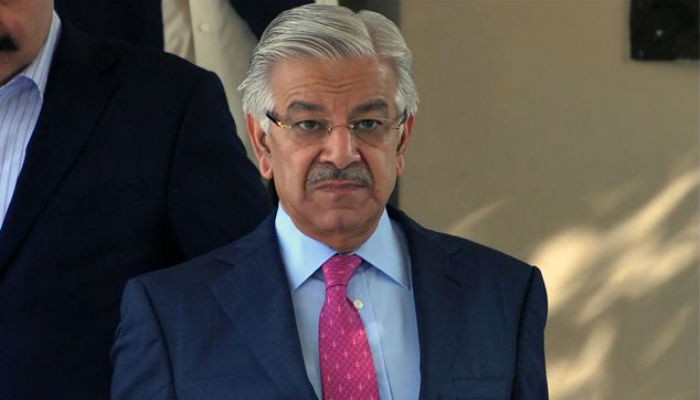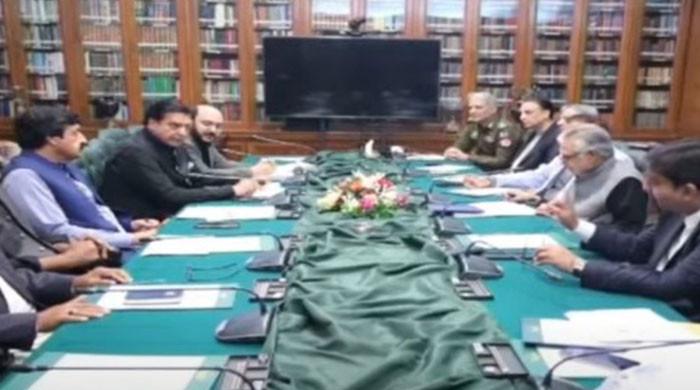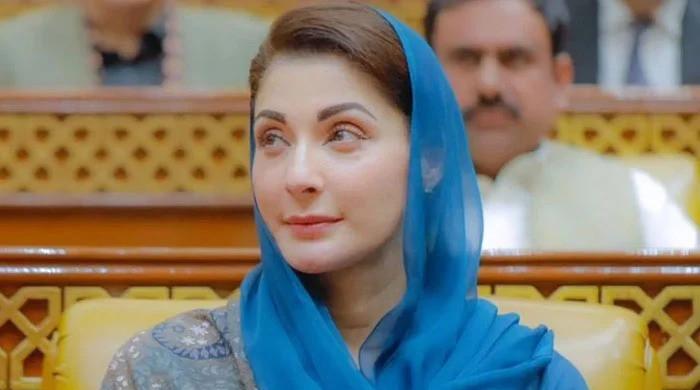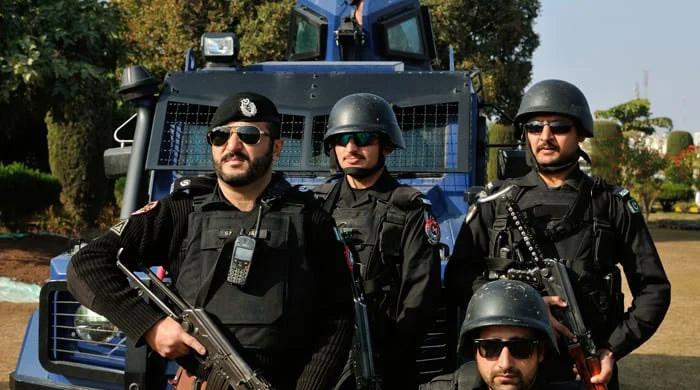Aizaz Chaudhry meets Congressmen, says US can play key role in talks with India
The top diplomat explained that the US can play a pivotal role in the Indo-Pak talks
November 02, 2017
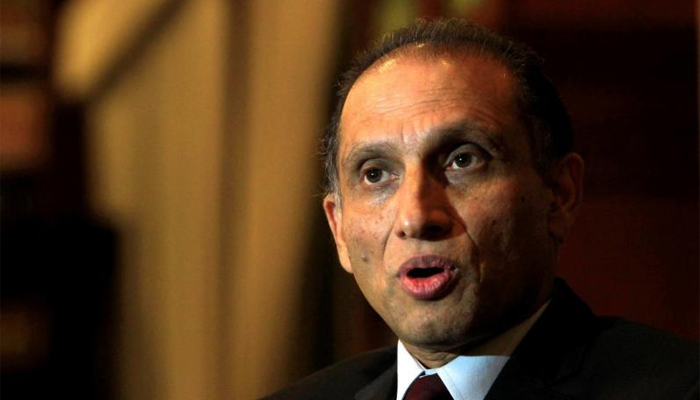
WASHINGTON: Pakistan's strategic ties with the United States are of crucial importance, Ambassador Aizaz Chaudhry said Wednesday, emphasising collaborative diplomatic efforts of the two nations.
Chaudhry — who serves as Pakistan's Ambassador to the US — made these comments in a meeting with Republican Senator Todd Young, wherein the latter underscored the need for bilateral cooperation in order to ensure regional peace and stability.
"History proves that whenever the United States and Pakistan have worked together, it has led to a mutually beneficial outcome," Chaudhry commented.
In this regard, the top diplomat explained that the US can play a pivotal role in the Indo-Pak talks, a sensitive topic usually broached with caution given the tense relations between the two neighbouring countries.
Chaudhry went on to inform Young — who is also part of the US Senate's Foreign Relations Committee — that Pakistan has not only conducted operations against the terrorist elements but successfully driven them out of the country.
The two discussed Pak-US linkages, with the Pakistani diplomat sharing Pakistan’s viewpoint pertaining to the ongoing situation in South Asia, especially in the light of US President Donald Trump's new regional policy — disclosed back in August when the American commander-in-chief made his first televised speech.
Trump had accused Pakistan of harbouring “agents of chaos” and providing safe havens to militant groups waging an insurgency against a US-backed government in Kabul.
The US has been made aware of Pakistan's reservations over the new strategy, Chaudhry said, adding that it was made clear that action was being taken against all terrorist groups without discrimination for it is in the nation's own security and stability goals.
Capitol Hill meetings with Senator, Congressman
Continuing his engagement with the US Congress, Chaudhry also met with Georgia state Senator Johnny Isakson and Congressman Joe Wilson.
Republican Isakson is also a member of the US Senate's Foreign Relations Committee and chairs the Senate Committees on Ethics and Veterans' Affairs. Congressman Wilson, on the other hand, is a member of the House of Representatives from South Carolina and serves on both the House Foreign Affairs and the House Armed Services Committees.
The Pakistani diplomat brought to the officials' attention the noticeable progress in the country's economic and security environment, especially in the context of the consequent potential offered to bilateral business-to-business cooperation.
Chaudhry expressed his grief over Tuesday's tragic extremist event in New York, noting that such "barbarous acts of terrorism are a reminder of some of the common challenges confronting both the United States and Pakistan", according to a statement issued by the Embassy of Pakistan in Washington DC.
Pakistan, while having achieved substantial success in its war against extremism, continued to collaborate with the US in a bid to purge the South Asian region of terrorism.
The Congressmen "agreed with the Ambassador on the need for continued cooperation between the two countries for achieving their common objectives in the region".
US 'baggage'
Earlier today, while addressing the country's Senate, Pakistani Foreign Minister Khawaja Asif called out the failure of the US policy in Afghanistan, saying the new strategy was, in reality, aimed at the westside neighbour despite being officially targetted towards South Asia.
"The US generals, who faced defeat in Afghanistan in the last 15 years, have formed the structure for the policy for this region,” Asif commented.
The foreign minister stressed that when the US holds Pakistan responsible, it is, in fact, trying to brush its own defeat under the carpet.
"No objective policy can be formed when it is baggage [of defeat]."
Asif assured the lawmakers that he highlighted his opinion both during US Secretary of State Rex Tillerson's visit to Pakistan last week and his visit to the US earlier.
"We will strongly protect our interests on international forums and vis-à-vis our relations with the US."
Any issues in the foreign strategy will be addressed, Asif stated, based on discussions in the country's legislative assemblies and that "no foreign power will be involved in shaping [Pakistan's] foreign policy”.
“Pakistan's integrity, solidarity, and economic interests will be foremost when forming the country's foreign policy."
